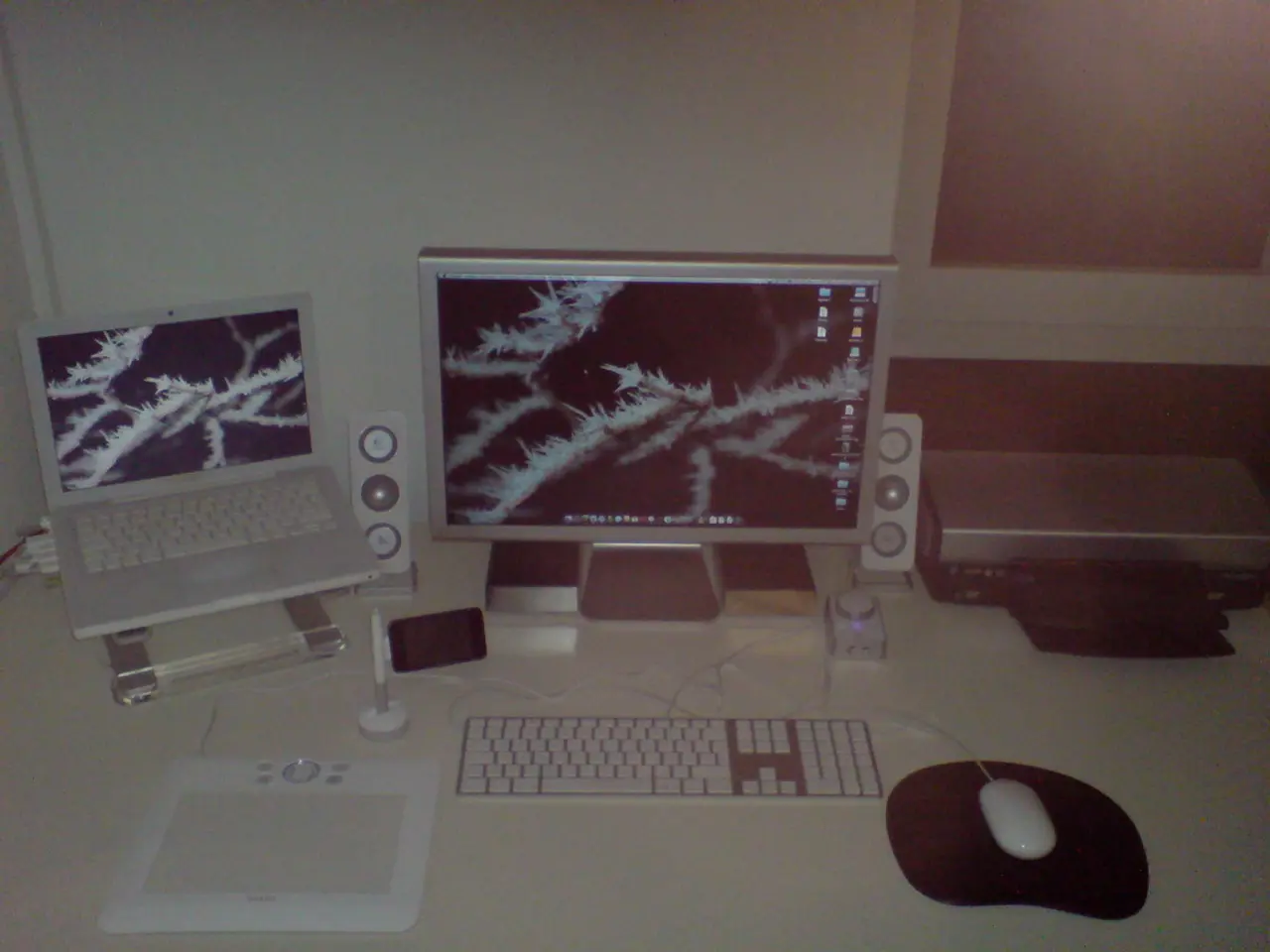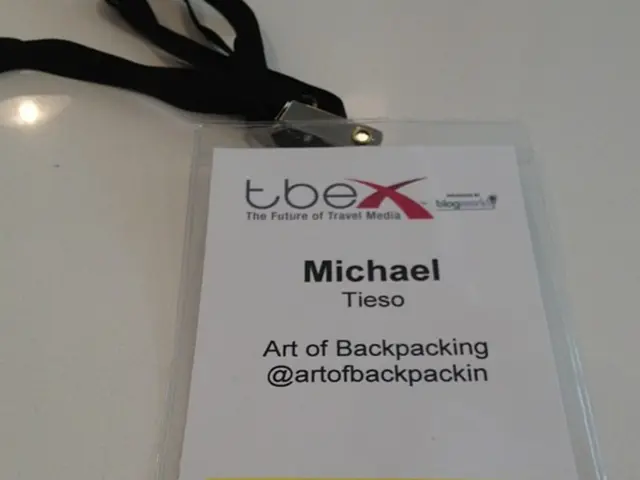Operating System Linux: An Examination
In the ever-evolving world of technology, Linux stands out as a versatile and reliable operating system (OS). First introduced by Finnish computer scientist Linus Torvalds in 1991, Linux has since grown to power a vast array of devices, from supercomputers and cars to smartphones and the majority of the internet.
At its core, the Linux kernel acts as the central managing system, overseeing hardware resources and software packages. This core is complemented by the graphical server, responsible for managing the graphics displayed on the monitor, and the bootloader, which oversees the booting process when the Linux OS starts up, loading the kernel into memory.
One of the key advantages of Linux is its open-source nature, allowing developers to easily customise the OS according to their needs. This flexibility extends to the creation of various Linux distributions, each tailored to different use cases.
Ubuntu, for instance, is a user-friendly distribution based on Debian, offering a polished experience with long-term support (LTS), simple software installation, extensive hardware compatibility, and a stable and secure environment. Ubuntu Server supports cloud computing, containers (Docker, Kubernetes), and enterprise workloads with up to 10 years extended support, making it suitable for beginners, developers, admins, and enterprise environments.
Other popular distributions include Fedora, Arch Linux, Debian, Kali Linux, Linux Mint, AlmaLinux, Rocky Linux, and Elementary OS. Each distribution offers unique features and capabilities, catering to different user needs, from cybersecurity and penetration testing to advanced development and aesthetics-focused environments.
Linux's powerful networking capabilities, combined with its open-source nature, have made it a go-to choice for managing basic services, IT programs, cloud services, home devices, and desktop computing. Examples include process scheduling, application scheduling, file systems, Kubernetes, Docker, Open Daylight, and Wi-Fi routers.
Moreover, Linux offers greater efficiency, providing a high degree of stability and requiring little disk space. Applications are software added as part of the Linux installation or after it is complete, with thousands available to install.
In addition to its efficiency, Linux boasts enhanced security, requiring no antivirus programs for protection. Daemons, services that run in the background like printing and scheduling, are managed by the system, and updates are put in the hands of users.
Virtual machines also play a significant role in the Linux ecosystem, allowing a separate Linux operating system to be installed on a computer, sharing resources but functioning independently from the primary operating system. This feature enables Linux to be applied in a variety of use cases, further solidifying its position as a versatile and reliable operating system.
With its wide range of applications, robust security, and flexibility, it's no wonder that Linux has gained popularity among developers and organizations in 2025. Whether you're a beginner, an advanced developer, a cybersecurity professional, or an enterprise, there's a Linux distribution that fits your needs.
- The versatility of Linux extends beyond supercomputers and smartphones, as it also plays a significant role in education-and-self-development, offering user-friendly distributions like Ubuntu, tailored for beginner learners.
- Science and technology professionals leverage Linux's open-source nature and powerful networking capabilities for managing IT programs, cloud services, and advanced development projects, making it an integral part of their education-and-self-development endeavors.




